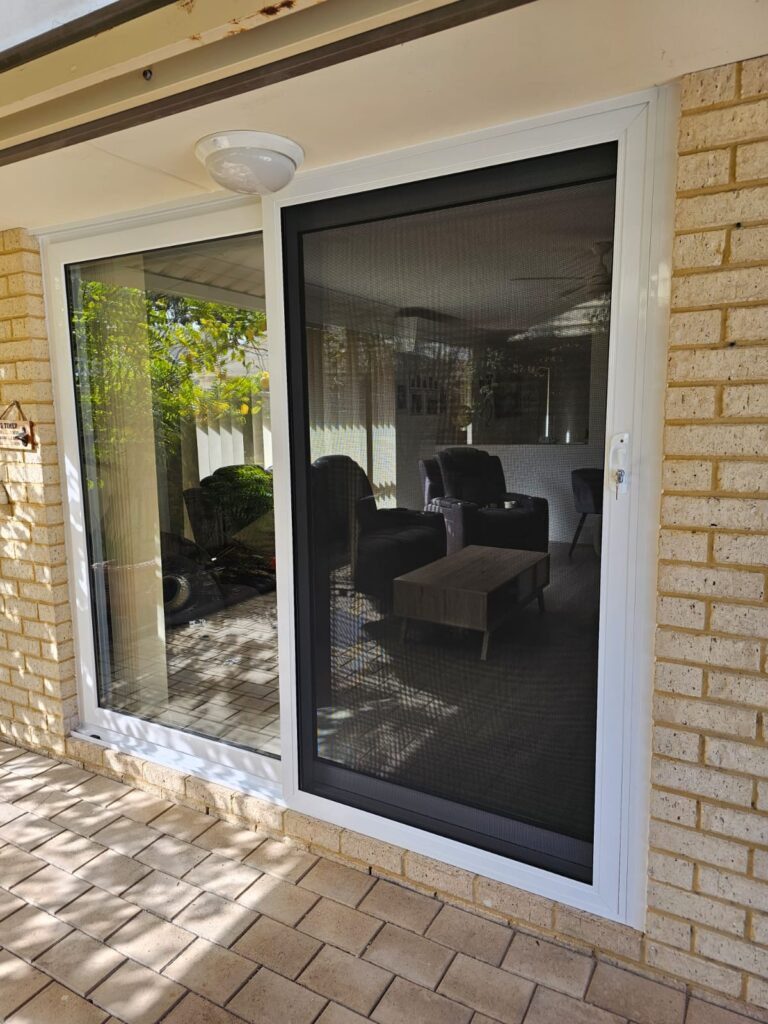
In today’s diverse window market, homeowners are confronted with a choice between UPVC (unplasticized polyvinyl chloride) and aluminum windows, each with its own distinct advantages. However, when analyzing the key attributes of these two options, UPVC emerges as the superior choice due to its exceptional features and benefits.
Understanding UPVC Windows
UPVC, or unplasticized polyvinyl chloride, is a widely sought-after material for window frames, and for good reason. This material boasts remarkable durability, low maintenance requirements, and impressive energy efficiency. Unlike aluminum, UPVC windows encompass a range of attributes that make them highly favorable among homeowners.
Advantages of UPVC Windows
1. Durability: UPVC windows excel in terms of durability, standing resilient against corrosion, rot, and pest damage. This feature makes them a reliable choice across various climatic conditions. Unlike aluminum frames, UPVC does not succumb to warping, fading, or corrosion over time, ensuring a lasting investment.
2. Thermal Insulati
on: One of the standout advantages of UPVC windows is their exceptional thermal insulation properties. Thanks to their low thermal conductivity, UPVC windows effectively keep indoor heat during colder months and prevent heat from penetrating during warmer months. This translates to reduced energy consumption and cost savings in heating and cooling.
3. Minimal Maintenance: UPVC frames require minimal upkeep, making them an attractive choice. Unlike aluminum frames that may demand regular cleaning, UPVC frames can be easily maintained by wiping them down with a damp cloth, preserving their appearance without significant effort.
4. Aesthetic Variety: UPVC windows come in a diverse range of styles and designs, accommodating various architectural aesthetics. They seamlessly blend with a home’s overall look, offering both functional and visual appeal.
5. Cost-Effective
ness: UPVC windows not only cost less initially compared to aluminum windows, but their long-term affordability shines as well. The combination of durability and low maintenance contributes to ongoing cost savings throughout the lifespan of the windows.
6. Energy Efficiency: UPVC’s impressive insulation capabilities directly contribute to energy efficiency, leading to reduced energy bills. This advantage is especially valuable in both colder and warmer climates, making UPVC windows an attractive choice for homeowners seeking to enhance energy savings.
Understanding Aluminum Windows
While aluminum win
dows do offer their own set of advantages, they fall short in several areas compared to UPVC windows:
1. Insulation: Aluminum is a conductor of heat, which can result in less effective insulation compared to UPVC. Although modern aluminum windows often incorporate a thermal break to mitigate heat transfer, UPVC’s inherent properties make it a superior insulator.
2. Maintenance: Aluminum frames may require more regular maintenance, particularly in coastal areas prone to salt build-up. Unlike UPVC, they might need repainting or refinishing over time to maintain their appearance.
3. Strength: Aluminum windows are strong, allowing for larger window openings and thinner frames. However, UPVC windows offer a balance of strength and durability without the need for as much maintenance.
Conclusion
In a comprehensive assessment of UPVC and aluminum windows, UPVC emerges as the superior choice. Its durability, exceptional thermal insulation, minimal maintenance requirements, cost-effectiveness, and aesthetic versatility make it an outstanding option for homeowners seeking long-lasting, energy-efficient, and visually appealing windows for their homes.